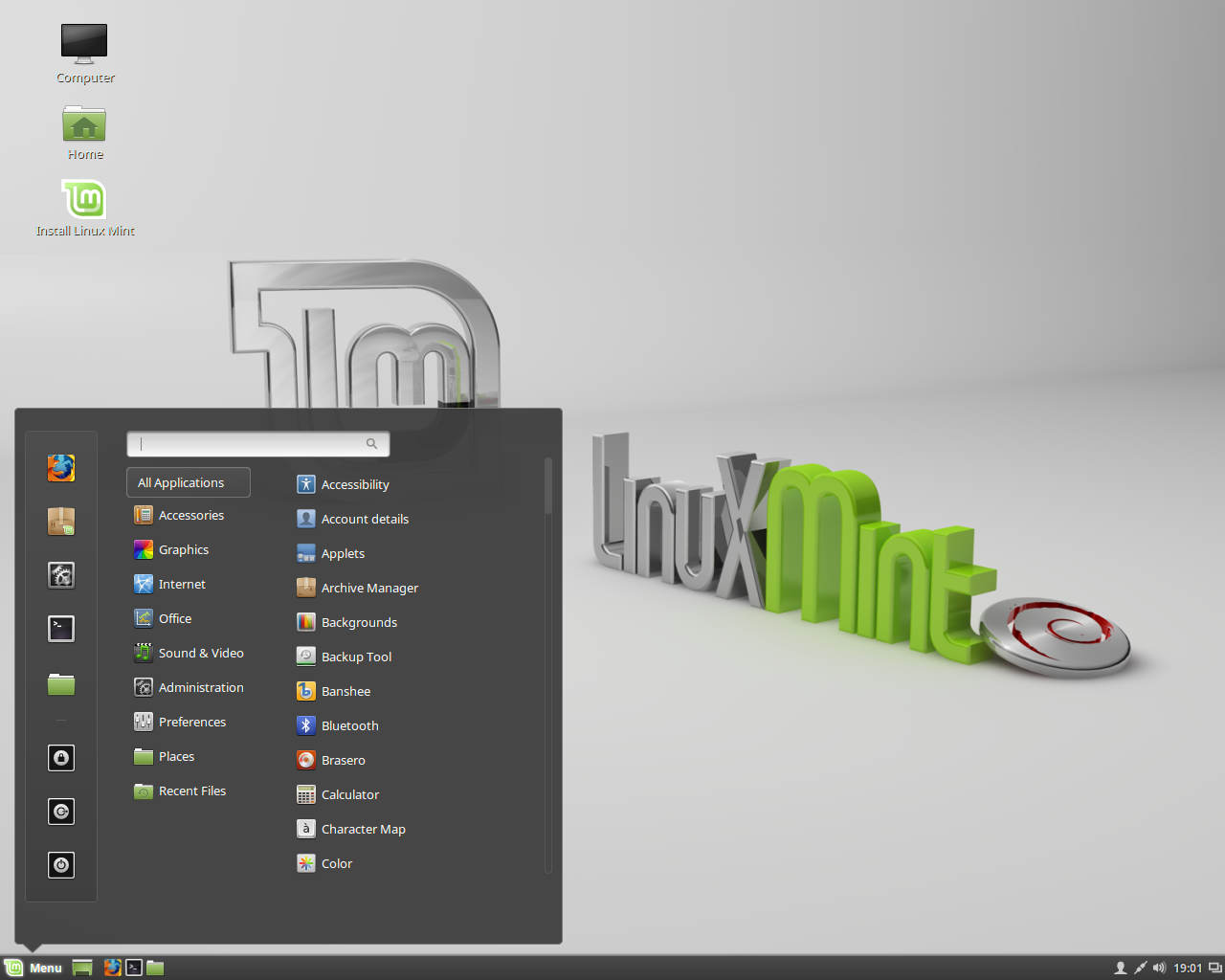
Backdoored Linux Mint, and the Perils of Checksums
Security-Enhanced Linux (SELinux) is a security architecture for Linux® systems that allows administrators to have more control over who can access the system. It was originally developed by the United States National Security Agency (NSA) as a series of patches to the Linux kernel using Linux Security Modules (LSM).

Fondos de pantalla 2752x1548 px, Sistema operativo Android, CentOS
by WharfRat » Sat Nov 05, 2016 1:55 am Hello azzkikr and welcome to the LM forum I see you're interested in selinux. Before installing selinux on your Mint system, I would suggest experimenting with it in a virtual machine. If you place selinux in enforcing mode right off the bat, you will near cripple your system.

Linux Mint 20 yayınlandı İşte yenilikler
niubboxp SELinux by niubboxp » Fri Jan 06, 2017 12:35 am i've read some wiki's about it, i've understood it add some security to linux system using a strictly permission on files and folders, but i dont have undestood for which situation is better than a distro without selinux enabled
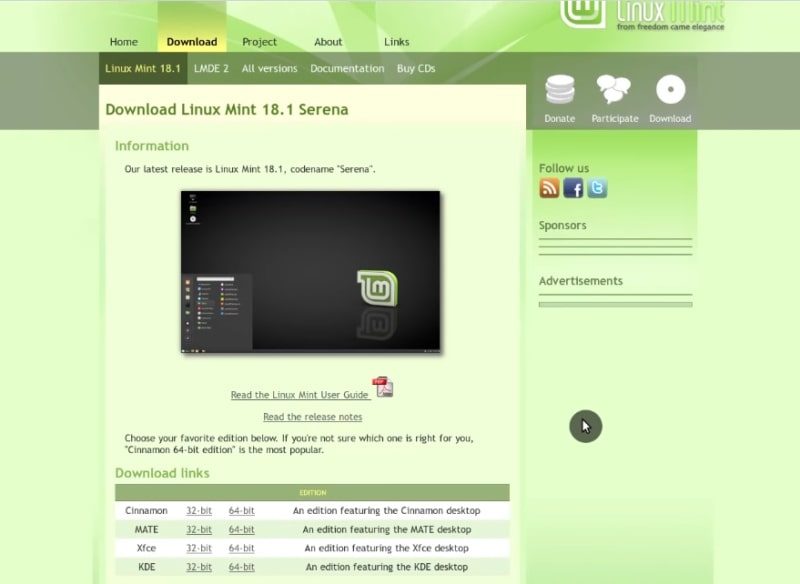
Linux Mint Installation Guide for Beginners Average Linux User
It stands for Security-Enhanced Linux, a set of kernel modifications, patches, tools that separates the security decision security policy. In simpler terms, the control of access to security policies including Mandatory Access Control (MAC) away from the security policies itself. What Is SELinux? I will define these terms in a simpler way now.
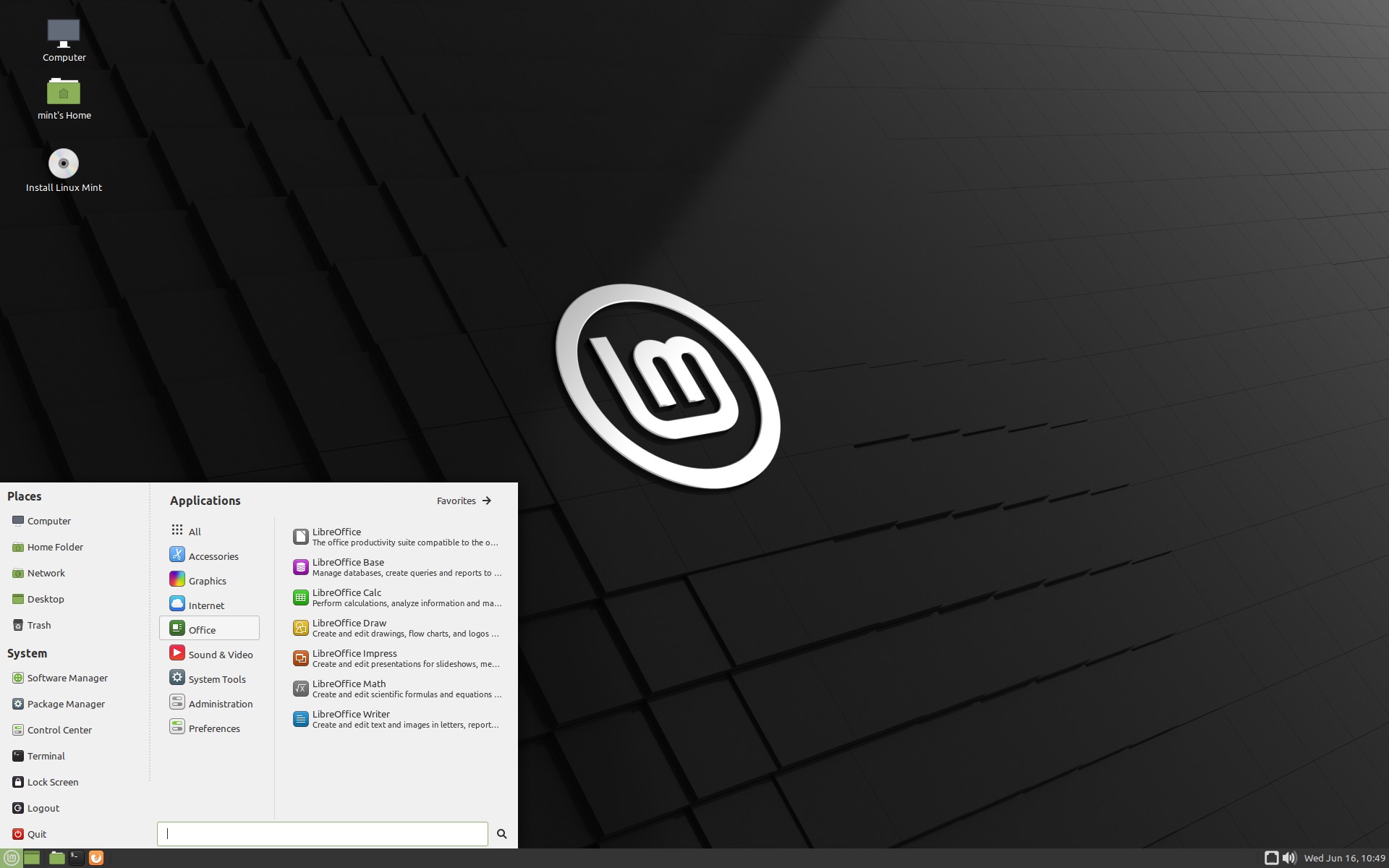
Download Linux Mint 19
As a devoted advocate of Linux Mint, I nonetheless struggle to justify why it is that Mint uses Apparmor instead of SELinux. A friend, who long ago became galvanised on Fedora (and who currently runs Fed 25 invariably on an early release candidate kernel) outright refuses to take Mint seriously because he knows as well as I do that Apparmor is liable to path related attack vectors whereas.

Linux Mint Definirtec
Step 3: Configuring SELinux and Firewalld. In preparation to configure /finance as a Samba share, we will need to either disable SELinux or set the proper boolean and security context values as follows (otherwise, SELinux will prevent clients from accessing the share):
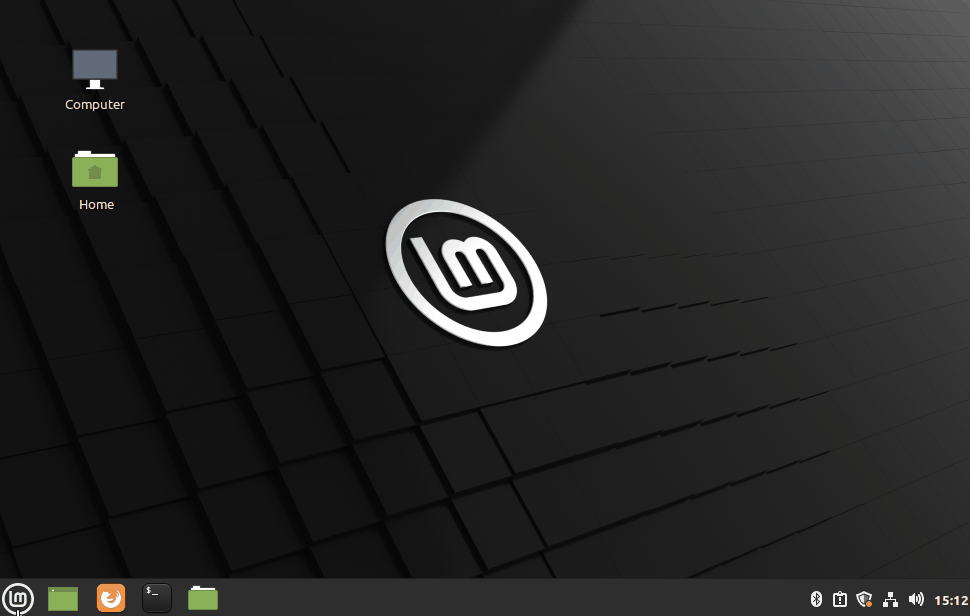
Disable Linux Mint automatic login
What the hell is Apparmor? 0 No votes Screw MAC I stick with DAC! 0 No votes Total votes: 2 osmosys Enabling Selinux in Mint 13 by osmosys » Sun Aug 12, 2012 8:18 am Info about my machine: uname -r Code: Select all 3.2.-23-generic wmctrl -m (window manager checker) Code: Select all [b]Name: muffin [/b] Class: N/A PID: N/A So I installed selinux:
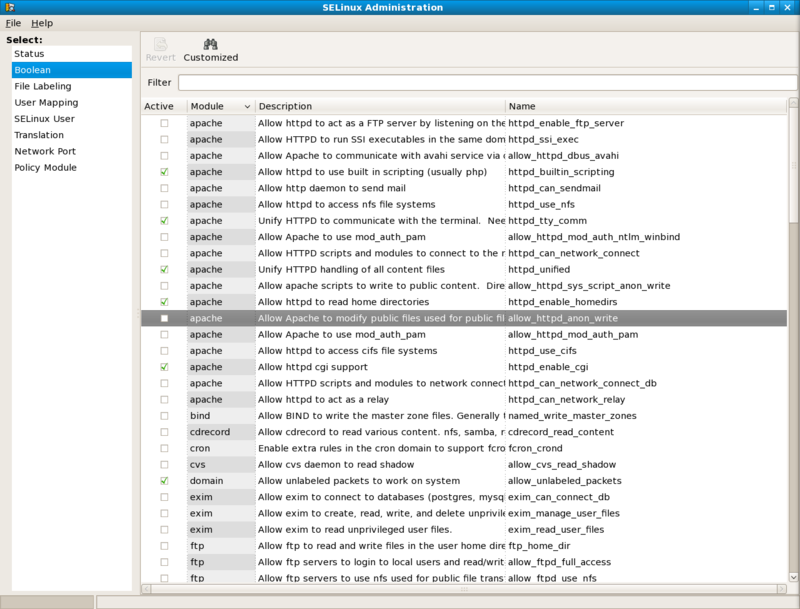
Linux Mint Community
SELinux ("Security-Enhanced Linux") is a robust security framework within some Linux distributions like Fedora, which utilizes security contexts to enforce fine-grained access controls and protect system resources, such as files, from unauthorized access and potential threats.These security contexts are a vital concept. Think of a security context as a digital ID for files that consists of.

Linux Sebagai Alternatif OS "Halal" JoOZ Blog
What is SELinux SELinux is a security enhancement to Linux which allows users and administrators more control over access control. Access can be constrained on such variables as which users and applications can access which resources. These resources may take the form of files.
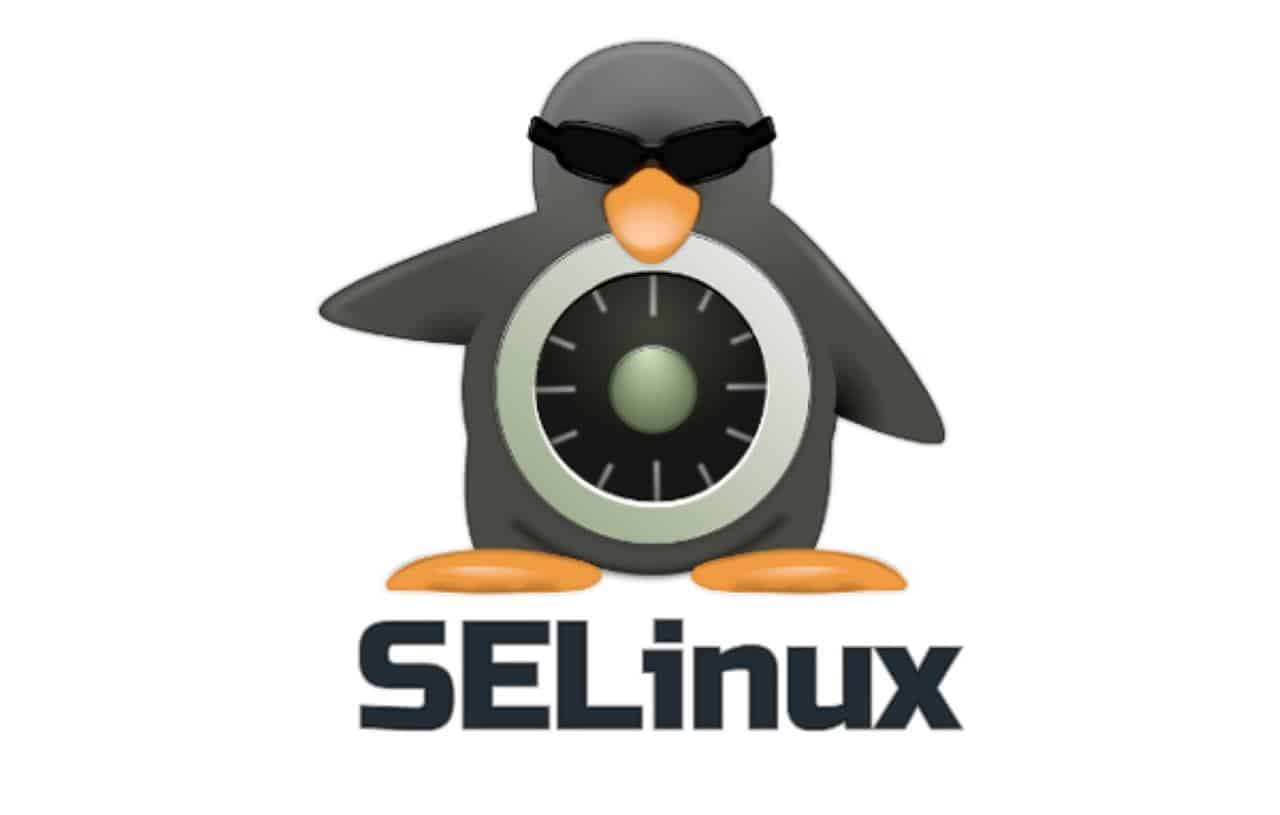
Understanding SELinux or Security Enhanced Linux
Similarly, to disable or turn off above SELinux boolean value, run the following command. # setsebool allow_httpd_sys_script_anon_write off # setsebool allow_mount_anyfile off OR # setsebool allow_httpd_sys_script_anon_write 0 # setsebool allow_mount_anyfile 0. You can find the meaning of all the SELinux booleans at https://wiki.centos.org.

Is Linux Mint a secure distribution? InfoWorld
Security Enhanced Linux (SELinux) provides an additional layer of system security. SELinux fundamentally answers the question: May

Linux Mint Tips & Tricks
SELinux can operate in three different ways: Enforcing: SELinux denies access based on SELinux policy rules, a set of guidelines that control the security engine.; Permissive: SELinux does not deny access, but denials are logged for actions that would have been denied if running in enforcing mode.; Disabled (self-explanatory).; The getenforce command displays the current mode of SELinux.

SELinux SecurityEnhanced Linux (SELinux) is not a common … Flickr
Table of Contents A Closer Look at AppArmor and SELinux Delving into AppArmor An In-Depth Look at SELinux Wrapping Up A Closer Look at AppArmor and SELinux AppArmor and SELinux are security tools designed to isolate applications and limit the potential damage if a part of the system is compromised.
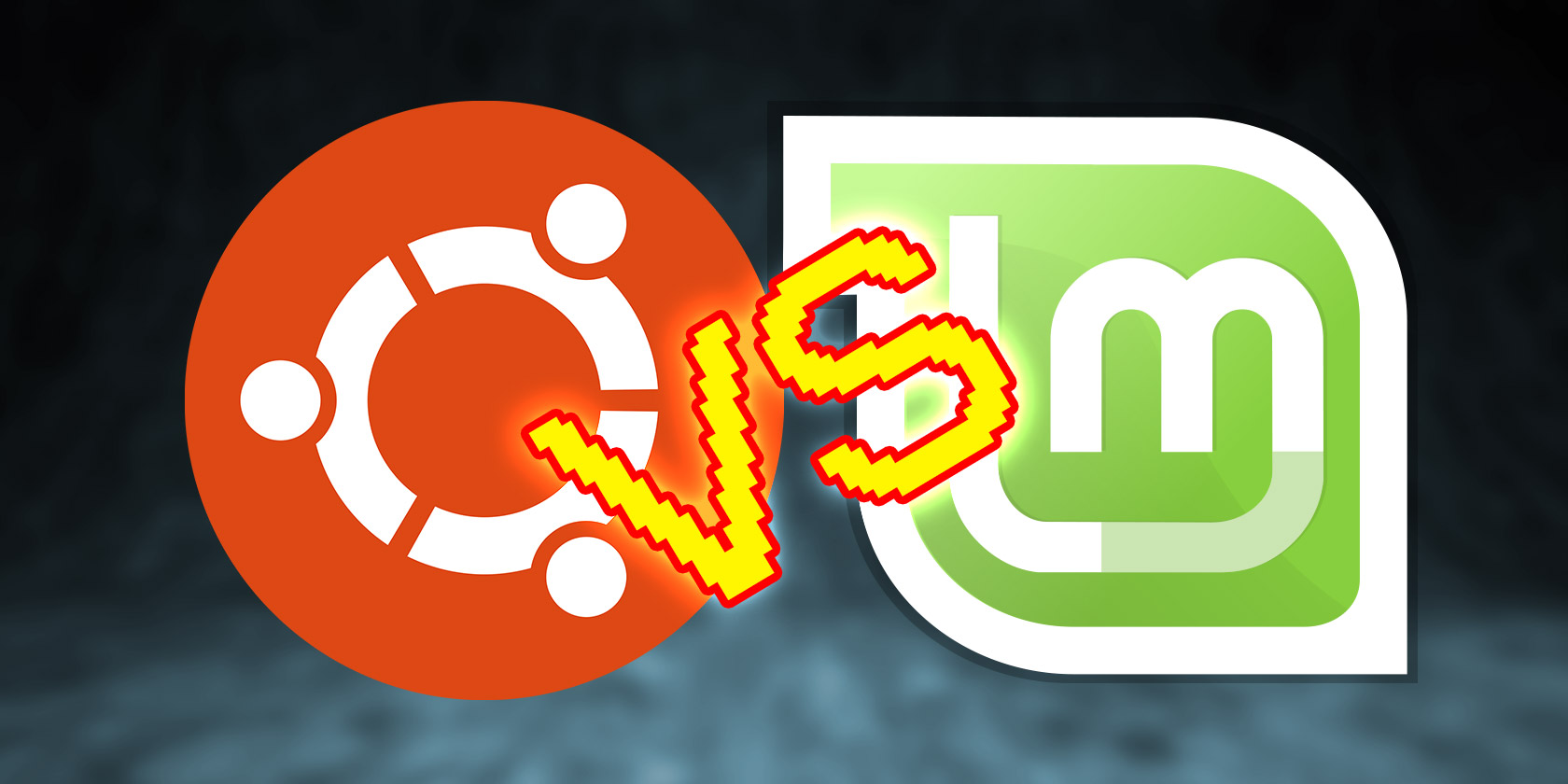
Linux Mint Vs Ubuntu Im Vergleich Vrogue
$ getenforce Enforcing SELinux has three possible modes that you could see when running the command. They are: Enforcing - SELinux is active and enforcing its policy rules. Permissive - SELinux permits every thing, but logs the events it would normally deny in enforcing mode. Disabled - SELinux is not enforcing rules or logging anything.

Linux Mint LinuxReviews
I'm following the Debian SELinux setup guide with my Linux Mint Debian Edition system. I installed the necessary packages: sudo aptitude install selinux-basics selinux-policy-default selinux-utils policycoreutils Activated SELinux and rebooted twice: sudo selinux-activate Checked the installation. No critical errors were reported:

linux mint_在Linux Mint 12中添加和编辑主菜单项 程序员大本营
Method # 1: Running the "ls" Command: This method is used to list down only the SELinux file contexts. You can use the "ls" command to list down the SELinux contexts in the following manner: $ ls -lZ /root You need to run this command with "sudo" privileges if you are not already logged in to a root user account.